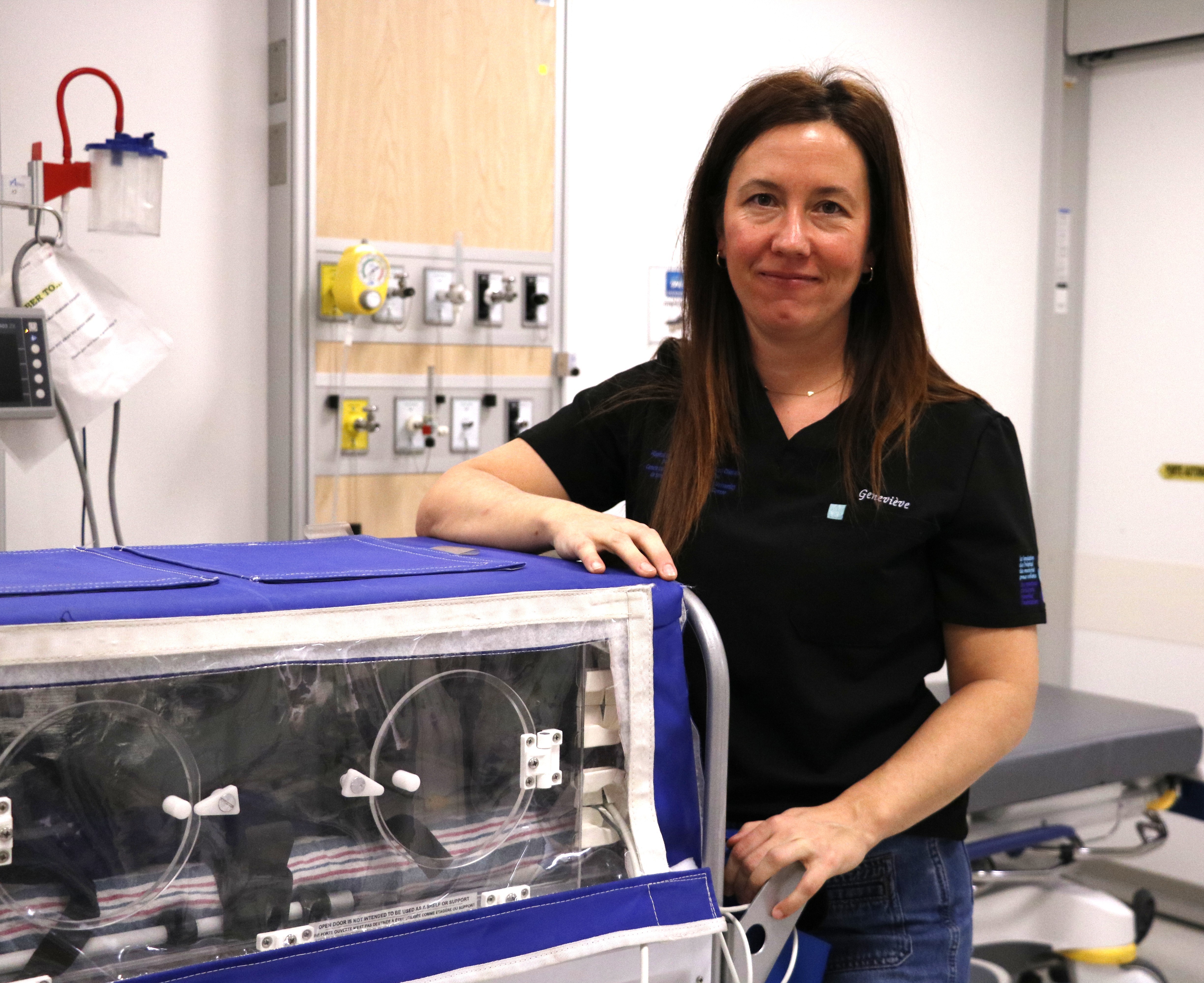
Celebrating Critical Care Transport Nurses at the MCH
18 February 2026
Rise in respiratory infections and measles outbreak: important infection prevention measures at the Montreal Children’s Hospital.
Read moreWelcome to the Montreal Children's Hospital

18 June 2024
Montreal, June 18, 2024 – Summer is here and families are already spending quality time outdoors. To ensure that these events are full of fun times and good memories, the Montreal Children’s Hospital (MCH) Trauma Centre issues this important alert.
Every summer, the MCH Emergency Department treats more than 4,000 children and teens with assorted traumatic injuries, the majority of which are preventable.
1. Children left in cars: On average, 37 children die each year in the United States from heat stroke after being left alone in a car.
Cars heat up quickly. A study funded by General Motors of Canada showed that on a 35ºC day, the air temperature in a previously air-conditioned small car exceeded 50ºC within 20 minutes and the temperature soared to 65.5 ºC within 40 minutes.
Leaving a window ajar does little to impact the temperature. Infants and children under four years of age are among those at greatest risk for heat-related illness. When left in a hot vehicle, a young child’s body temperature may increase from three to five times as fast as an adult’s (Canadian safety council). High body temperatures can cause permanent injury or even death.
By incorporating the following measures in your daily routine, you can help prevent this type of tragedy from happening:
If you see a child alone in a vehicle, call the police. If they are in distress due to heat, get them out as quickly as possible. Cool the child rapidly. Call 911 immediately.
2. Water safety: As we know from a recent study, in Quebec, one child or teen a day is expected in emergency rooms for drowning or near-drowning this summer.
In the last 30 years, the MCH Trauma Centre saw over 400 drowning and near-drowning traumas, of which 73 per cent occurred in home pools, park pools, aquatic centres or water parks, according to a review of the MCH’s Canadian Hospitals Injury Reporting and Prevention Program data. In terms of home pools, 50 per cent of the drownings happened in ground pools and the other half, in above-ground pools.
It is clear that preventing drowning requires a multifaceted approach:
MCH Trauma Centre experts emphasize the following life-saving measures to prevent drowning:
The government recently amended the Residential Swimming Pool Safety Act, requiring all owners of swimming pools in Quebec to install fencing and to ensure there is no direct access to the pool from the house. Even though the government has given owners of pools installed before November 2010 a grace period until 2025 to conform to the new rules, timely action is recommended.
3. Windows and balconies: At least 15 children are seen at the MCH Emergency Department each summer after falling from a window or balcony.
Screens are useful for keeping insects out, but are not strong enough to keep children in. They are flimsy and are weak barriers giving a false sense of security. Children can easily push through and fall out. Toddlers are curious, impulsive, enjoy exploring their environment and are not aware of the consequences of their actions. Follow these important tips to keep them safe.
4. Barbecues and backyard fire pits
Many families are eager to enjoy the summer months. The MCH Trauma Centre urges all citizens, however, to follow the prevention recommendations above and not let a beautiful day end in a preventable, life-altering tragic event.